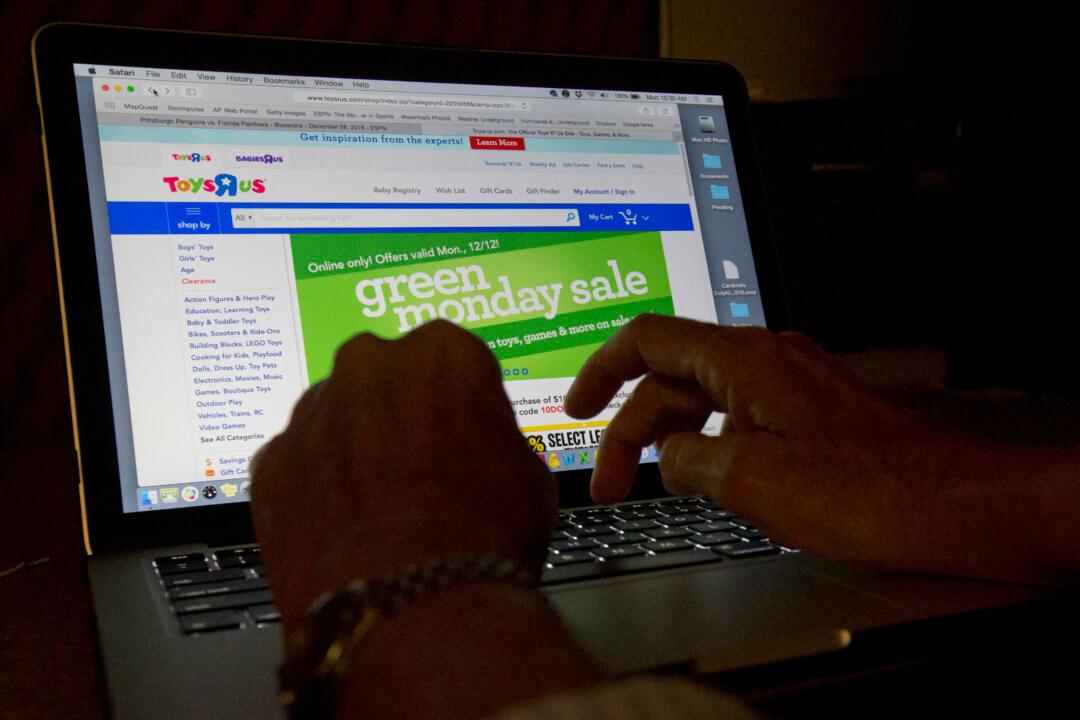Britain’s national cybersecurity watchdog has advised anyone buying or selling a second-hand electronic device to erase personal data or risk hacking and fraud.
The National Cyber Security Centre (NCSC) said in a statement on Monday that it is not only mobile phones that pose a security risk in which people could be inadvertently “gifting a great opportunity to thieves and hackers.”





